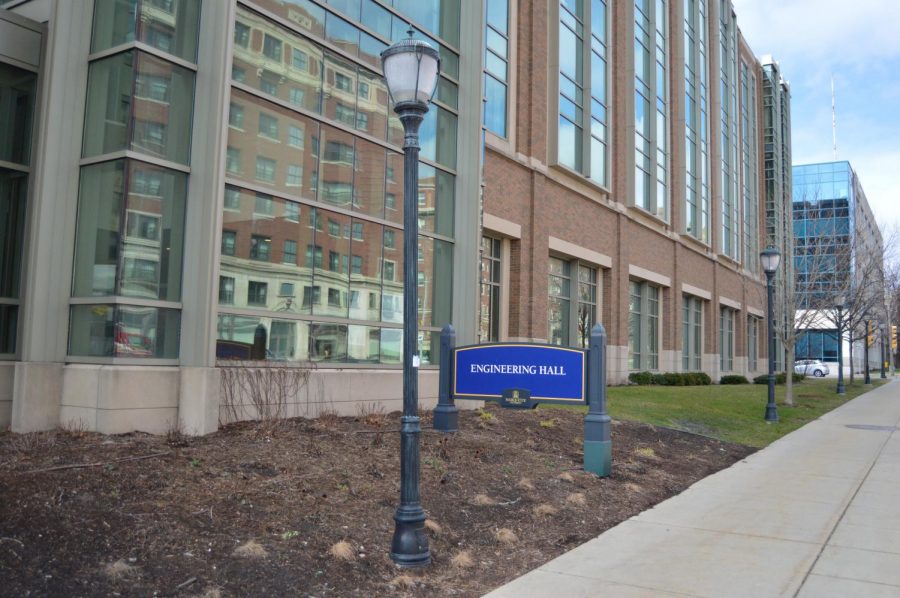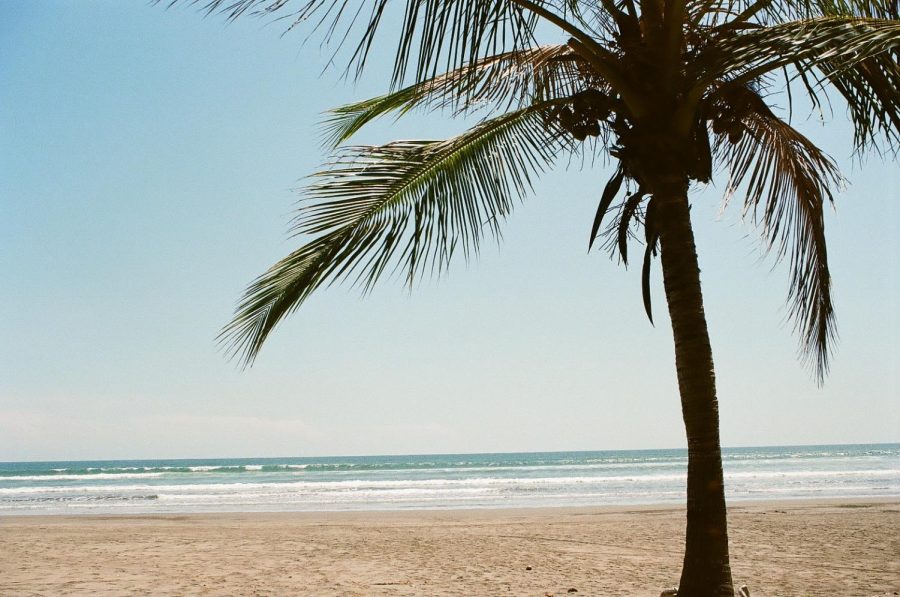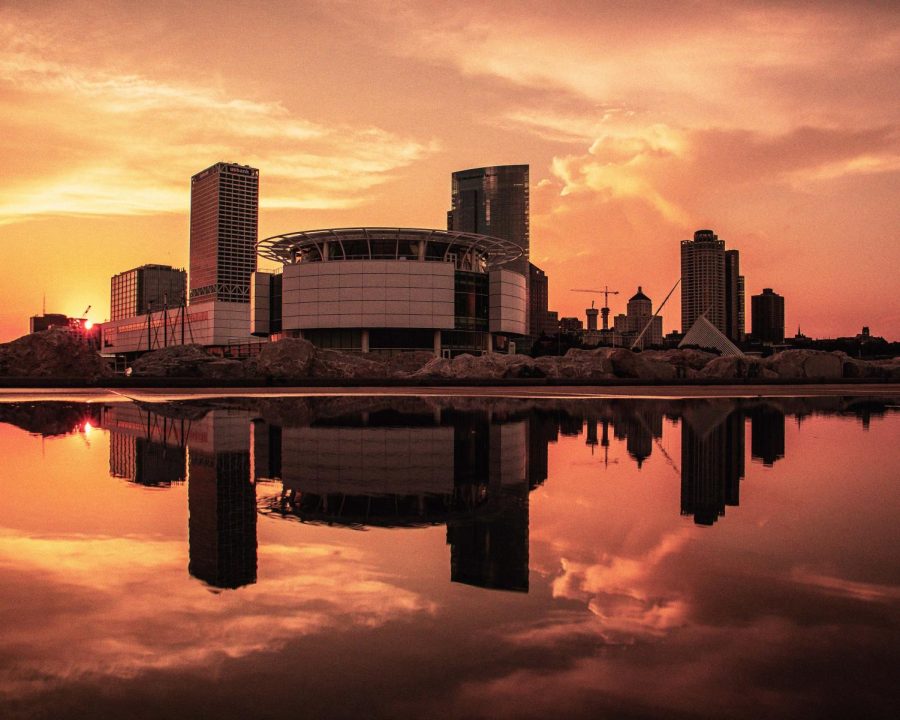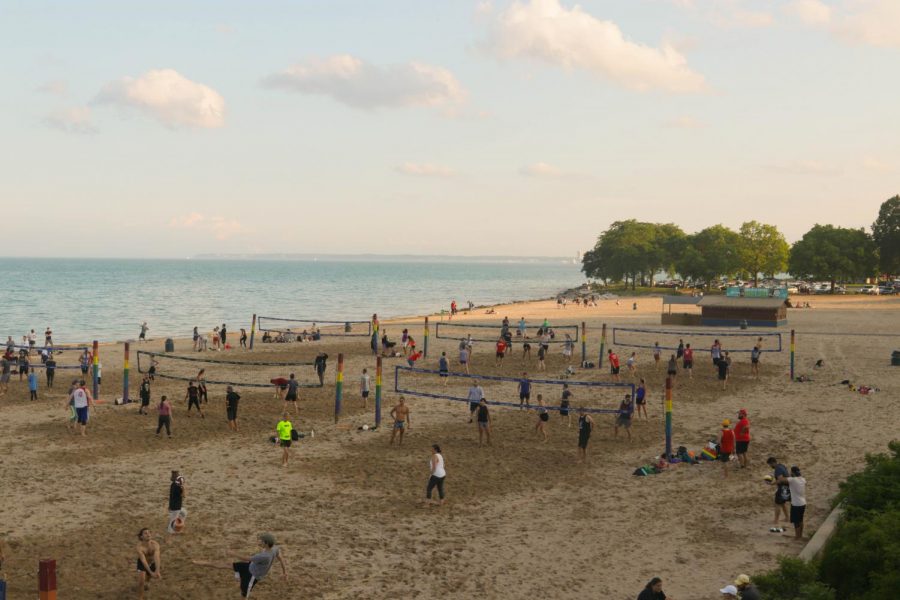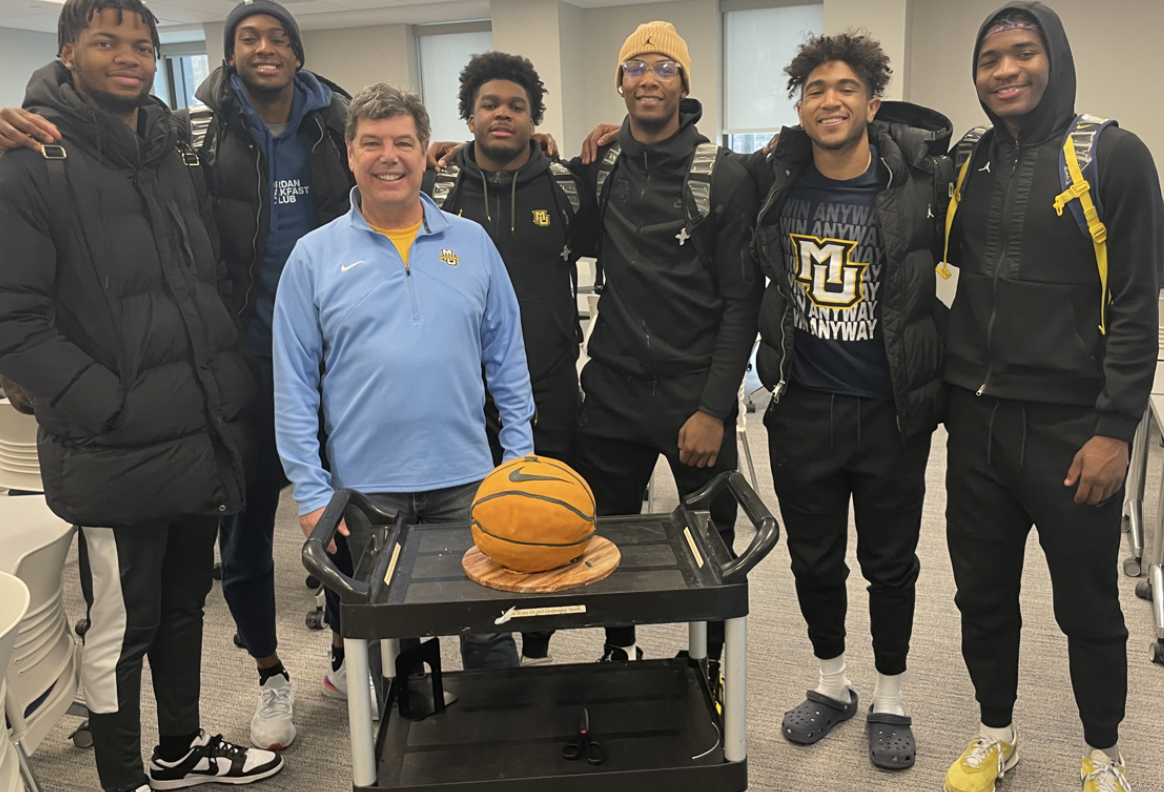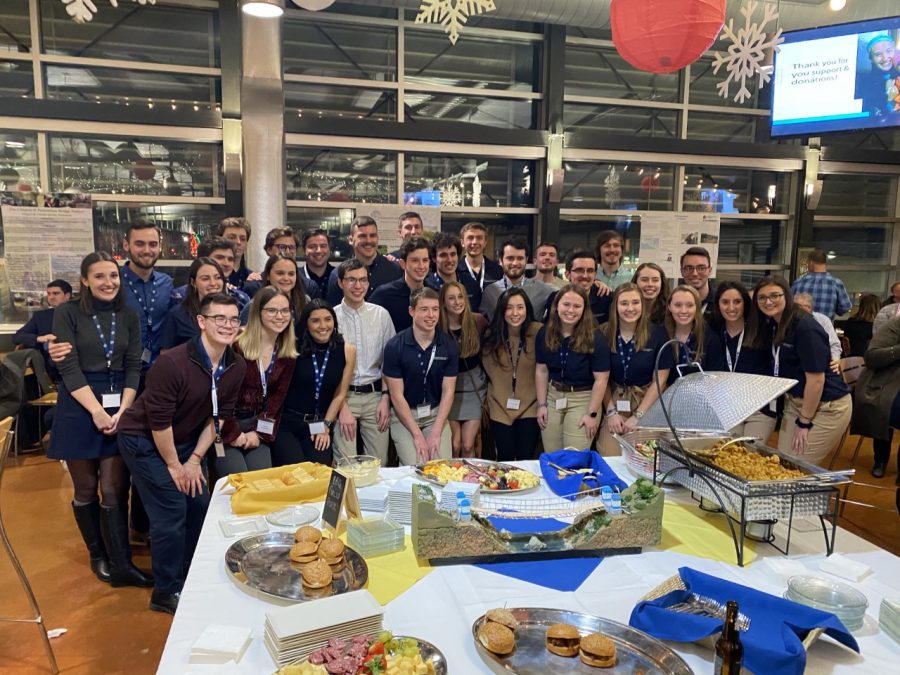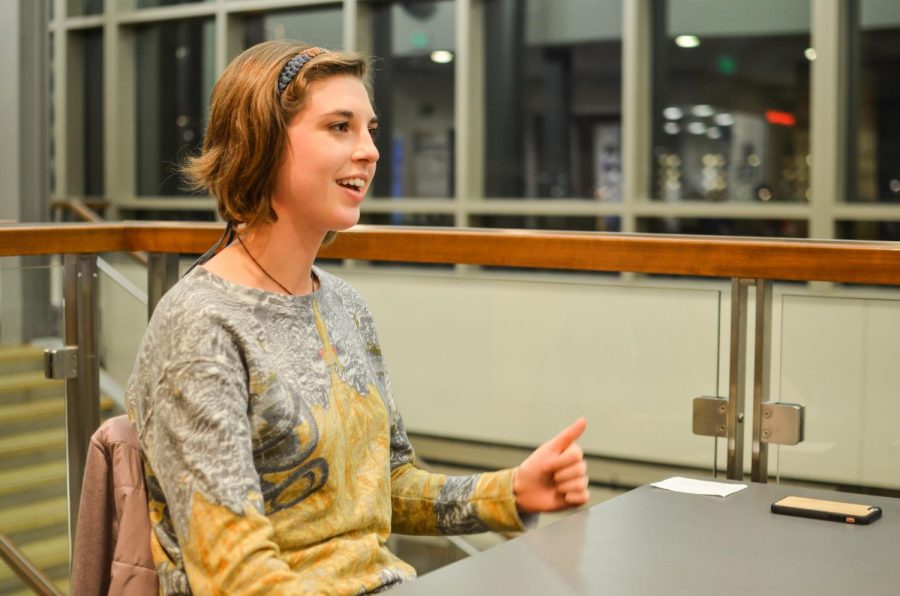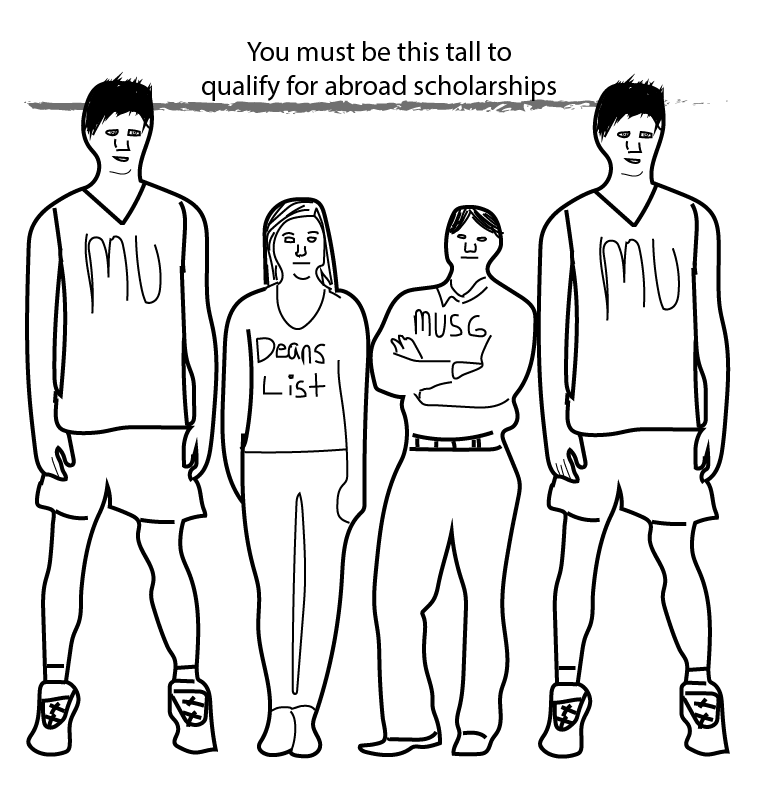With 16 years of experience and more than 10 community-aiding projects completed in Guatemala, Marquette University’s chapter of Engineers Without Borders is looking to continue their usual aid, even through the coronavirus pandemic.
Since 2005, the organization has completed projects that provide an easier, safer route for community members who need to travel to school or larger, more populated communities.
Prior to its fruition at Marquette, Engineers Without Borders began in 2000 when University of Colorado Boulder professor, Bernard Amadei, visited a small, majority-Mayan village in San Pablo, Belize. According to the official Engineers Without Borders webpage, Amadei originally ventured to the community to inspect their water supply. However, it instead turned into a full-fledged project dedicated to bringing long-lasting, healthy sustainability to a community that needed technical and monetary aid. This one project inspired the professor to officially create Engineers Without Borders in 2002.
Marquette University joined the organization in its mission by forming a chapter three years later.
With 11 projects completed and three in progress, the Marquette chapter of EWB is currently providing a safer, better quality of life for thousands of Guatemalans annually. These projects have included building schoolhouses, fixing and improving water systems, and constructing pedestrian bridges over gorges.
Their work was deterred in the last year due to the pandemic. With the international organization shifting their usual assistance toward COVID-19 related relief, the Marquette chapter looked for a way to “continue curating leadership and experience within our organization,” Mark Federle, the Associate Dean of Engineering and faculty advisor for EWB said.
In addition to their COVID-19 fundraising efforts, the organization has looked to do this by coordinating a “mock bridge project.” The project is headed by three Marquette student leaders: Abby McGill, a sophomore in the college of engineering, Justin Zwiefelhofer, a junior in the College of Engineering, and Carter Deinhammer, a sophomore in the College in Engineering. While utilizing the same tactics they would in Guatemala, the three surveyed a hill that sits behind Milwaukee’s Bradford Beach.
Since the collection of data, the organization has been holding weekly, virtual meetings to build the hypothetical Guatemala-based bridge. “The purpose of this project is to give our members, especially underclassmen who have not had the chance to gain as much experience working on full-fledged projects, experience going through the design process,” according to Marquette’s EWB website. This hypothetical bridge will be completed at the end of the 2021 spring semester.
Federle discussed the most rewarding EWB story in recent memory: “We had a community member say to us ‘if you build us this bridge, we can have 60 more community members go to school’.”
According to the Marquette EWB website, “With a 24-meter span, the cable-suspended pedestrian bridge provides a safe passageway to school for over sixty students who currently cannot attend during the rainy season. In addition, it grants quick access to healthcare and markets in the city of Joyabaj and provides greater employment opportunities for three different communities totaling 800 to 1,000 people.”
Federle explained that Guatemalan communities must deal with El Nino or a rainy season that lasts from May-September. For example, who needed to go to school, community members who needed to go to marketplaces to sell their goods, and anyone in need of medical assistance could only go a few times a month. This was due to the intensity of the rainy season, and the detours it created due to flooding.
Two years after completing their bridge project in the summer of 2017, Federle and his team of students returned to ensure the well-being of the community and the constructed bridge. Federle recounted that upon their arrival, another community member approached him and stated: “We are ready for you to build us our school.”
Due to the increased number of children able to garner an education after bridge completion, the school was overflowing. So, in the summer of 2019, Marquette University’s chapter of EWB built that school for them.
“Every single member of EWB is a really cool person and is so easy to talk to. Even though we’ve been virtual, Engineers Without Borders has still been able to keep in contact and keep that community feel,” Mcgill said.
Dienhammer described what EWB has done for him since his joining:
“Engineers Without Borders, for me, is a place where I am given the opportunity to apply and refine my skills as a civil engineer in a way that makes a measurable difference in the world outside of Marquette, while also having an incredibly enjoyable place among like-minded students to go to multiple times a week,” Dienhammer said.
According to Mcgill, Engineers Without Borders is looking for people to help aid their projects. She emphasized that whether you are an engineering major or not, you are encouraged to join the organization. If you are not looking to become a member, they are currently accepting donations to aid their services within Guatemala. They are also accepting donations to help provide hurricane and COVID-19 relief to Guatemalan community members.
This story was written by Finn Askin. He can be reached at [email protected]

